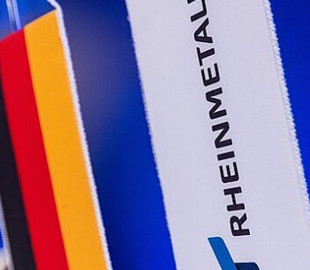
The German giant of the defense industry Rheinmetall and two Lithuanian state companies have signed an agreement on the creation of a joint venture that will implement the project of a plant for the production of 155 mm artillery ammunition in the Lithuanian city of Baisogali.
As reported by Ukrinform, the Lithuanian broadcaster LRT reported this.
The preliminary cost of the project is €260 million. On the Lithuanian side, the agreement was signed by the company of the energy group Epso-G “Epso-G Invest” and the arms factory in Giraite. Rheinmetall will own 51%, “Epso-G Invest” – 48%, the arms factory in Giraita – 1% of the shares of Rheinmetall Defense Lithuania, Epso-G informed journalists on Monday.
It is noted that after the parties signed the final agreement on December 20, there were no obstacles left to the construction of the plant remotely. «By signing the agreement, all parties undertook to contribute the expected share to the implementation of the project», – said the representative of Epso-G Gediminas Petrauskas.
According to him, the preliminary cost of the project may still change depending on the progress of its implementation. According to journalists, the maximum cost of the project is currently estimated at approximately €300 million. The representative of Epso-G did not name specific contributions from shareholders, but, according to journalists' estimates, Rheinmetall should invest a minimum of €133 million, Epso-G Invest – about €125 million, and the arms factory in Girayta – about €2.6 million.
According to Petrauskas, the plant should be built within two years – by the end of 2026. The specific date of the start of construction is currently unknown.
«All parties will do everything possible to ensure that the project is implemented faster, but the planned period is about two years (from the moment the contract is signed). This is stipulated in the contract», – Petrauskas said.
As Ukrinform reported, German arms giant Rheinmetall announced at the end of November that it would begin construction of a plant for the production of artillery shells in Lithuania. Then, representatives of the Lithuanian government and the German concern signed an agreement to lease land for construction and a contract for the supply of 155-millimeter ammunition.

